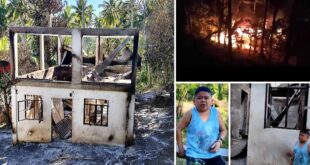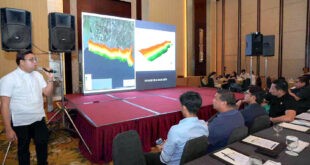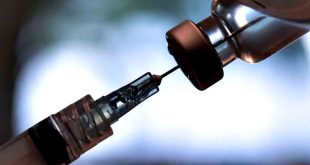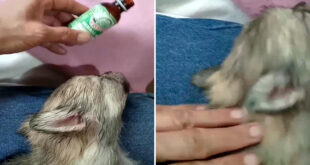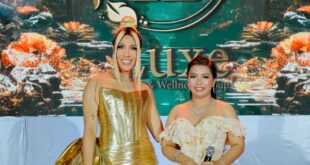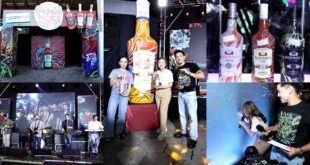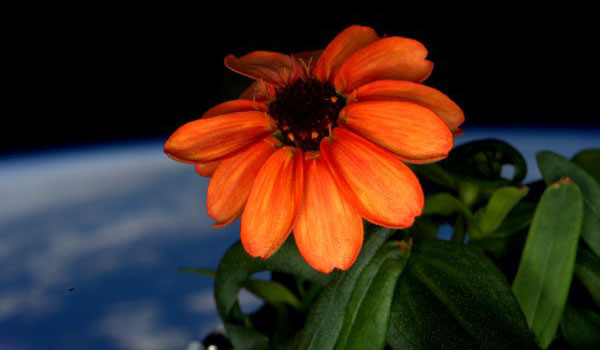
ANG bulaklak na ito ay ‘out of this world. Ang 13-petaled orange zinnia ang kauna-unahang bulaklak na tumubo sa zero gravity ng space.
At makaraan ang mahirap na pagsisimula sa pagpapatubo nito sa loob ng International Space Station, ito ay namukadkad na.
Buong pagmamalaki na nag-post si U.S. astronaut Scott Kelly sa twitter ng larawan ng halaman nitong Enero 17,”#SpaceFlower out in the sun for the first time! #YearInSpace,” aniya.
“Yes, there are other life forms in space!” dagdag niya sa kasunod na post.
Nararapat lamang na matuwa si Kelly. Ang pamumulaklak ng zinnia ay landmark moment sa science at testamento sa kanyang paghihirap sa pagsagip sa specimen na halos mamatay na.
Nitong Disyembre 27, nag-tweet siya ng ‘sad image’ ng nangulubot na mga dahon ng inaamag nang halaman. “Our plants aren’t looking too good. Would be a problem on Mars,” aniya.
Ayon sa NASA blog kaugnay sa eksperimento, ang seed containers ay tumutulo at ang ugat ng halaman ay nalunod sa tubig.
Makaraang ipangako sa sarili na paiiralin niya ang kanyang “inner Mark Watney,” ang stranded NASA astronaut na tampok si Matt Damon, sa “The Martian,” mabilis na kumilos si Kelly para buhayin ang mga halaman.
Pinalitan niya ang pamamaraan ng pagdidilig sa halaman, at sinunod ang strict schedule na diligan lamang ang mga ito kung kailangan, ayon sa Engadget.
“If we’re going to Mars, and we were growing stuff, we would be responsible for deciding when the stuff needed water,” pahayag niya.
Makalipas ang ilang araw, makaraang mamatay ang ilang halaman, nagtagumpay siya sa pagpapasigla sa dalawa sa mga ito hanggang sa mamulaklak.
Ang namatay na mga bulaklak ay ibabalik sa Earth para analisahin, ayon sa NASA blog.
Si NASA astronaut Shannon Lucid ay nagpatubo ng wheat stalks sa Russian Mir space station noong 1996 habang ang iba ay nagtagumpay sa pagpapatubo ng lettuce noong Hunyo 2014 sa ISS. Ngunit ito ang unang pagkakataon na may namukadkad na bulaklak.
“The zinnia plant is very different from lettuce,” pahayag ni Trent Smith, project manager ng ISS Veggie facility. Sinabi ni Smith, ang mga ito ay “more sensitive” sa light characteristics at may longer growth duration ng 60 to 80 days.
“Thus, it is a more difficult plant to grow, and allowing it to flower, along with the longer growth duration, makes it a good precursor to a tomato plant,” dagdag ni Smith, ayon sa NASA’s blog.
Sinabi niAlexandra Whitmire, ng NASA Human Research Program, ang pagpapatubo ng halaman sa space ay nakapagpapataas ng moral sa crew. ”Plants can indeed enhance long-duration missions in isolated, confined and extreme environments — environments that are artificial and deprived of nature.”
Patuloy na imo-monitor ang zinnia crop. At ayon sa Engadget, ang susunod na hakbang sa pagprodyus ng organic space food ay pagpapadala ng tomato seeds sa ISS sa 2018. (THE HUFFINGTON POST)
 HATAW! D'yaryo ng Bayan hatawtabloid.com
HATAW! D'yaryo ng Bayan hatawtabloid.com



